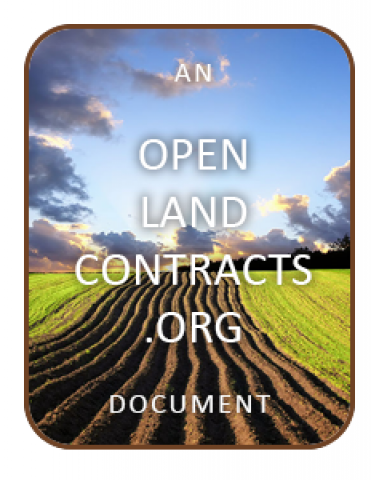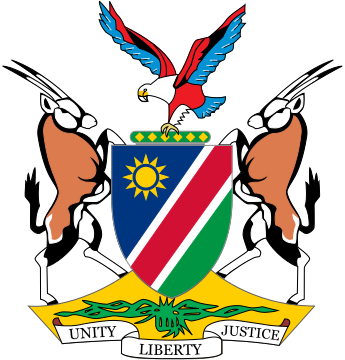Land Administration
All land in Zambia is vested in the president, in trust for the people of Zambia, under the Land (Conversion of Titles) Act, 1975 (see p.16), SECTION4.The president has delegated landadministration to the Commissioner of Lands under Statutory Instrument No. 7 of 1964 and GazetteNotice No. 1345 of 1975, as amended. Land in Zambia is divided into State (formerly crown),Reserve, and Trust Lands, as well as park reserves.
Côte d'Ivoire, Société des Caoutchoucs de Grand Béréby (SO.G.B.), Bail Emphytéotique, 1995
This is a Bail Foncier posted on OpenLandContracts.org. It lists Not Specified as the primary resource(s)
Land Tenure, Land Markets, and Institutional Transformation in Zambia
The Government of Zambia is embarking on an ambitious program of legal and administrative reforms in land policy. Although the need to liberalize the land market is universally shared, the ideas on how to accomplish this transformation are not. Two decades of underinvestment in field research have resulted in the present situation of micro-level data on land tenure and farm-level production, consumption, and resource management inadequate to guide policy decisions.
Agricultural (Commercial) Land Reform Act, 1995
An Act to provide for the acquisition of agricultural land by the State for the purpose of land reform and for the allocation of such land to Namibian citizens who do not own or otherwise have the use of any or of adequate agricultural land, and foremost those Namibian citizens who have been socially, economically or educationally disadvantaged by past discriminatory laws or practices; to vest in the State a preferent right to purchase agricultural land for the purposes of the Act; to provide for the compulsory acquisition of agricultural land by the State for the purposes of the Act; to re
Regulatory policies and reform: the case of land markets
Chapter list in HTML, chapters are in PDF formatAlthough recent analyses of land markets show a growing concern for policy and regulatory issues, the literature still lacks a robust framework capable of showing how land markets function, the major policy and regulatory constraints to their efficient operations, and the implications for reform.This chapter is a step in that direction. The first section sets out to characterize land markets -- their emergence, closely associated with the evolution of property rights; major imperfections; and key spatial aspects.
Cities without land markets : location and land use in the socialist city
How do the spatial dynamics of the socialist city compare with those of the market city? What happens to a city when all investment decisions are made without land markets? What are the outcomes when the forces described by familiar urban models are not allowed to work?Bertaud and Renaud describe the structure of Russian cities after 70 years of Soviet development.
Feronia, La Société Plantations et Huileries du Congo S.A, N° D8/E. 528, SR. 4, Boteka, Lease, 1995
This is a Land Lease Agreement posted on OpenLandContracts.org. It lists Oil palm or palm oils as the primary resource(s)
Feronia, La Société Plantations et Huileries du Congo S.A, N° 533, SR. 141, Boteka, Lease, 1995
This is a Land Lease Agreement posted on OpenLandContracts.org. It lists Oil palm or palm oils as the primary resource(s)
Feronia, La Société Plantations et Huileries du Congo S.A, N° 541, SR. 141, Boteka, Lease, 1995
This is a Land Lease Agreement posted on OpenLandContracts.org. It lists Oil palm or palm oils as the primary resource(s)
Feronia, Plantations Lever Zaire (PLZ), N° 441, SR. 138, Boteka, Lease, 1995
This is a Land Lease Agreement posted on OpenLandContracts.org. It lists Oil palm or palm oils as the primary resource(s)
Feronia, Plantations Lever Zaire (PLZ), N° 453, SR. 64 & 65, Boteka, Lease, 1995
This is a Land Lease Agreement posted on OpenLandContracts.org. It lists Oil palm or palm oils as the primary resource(s)




